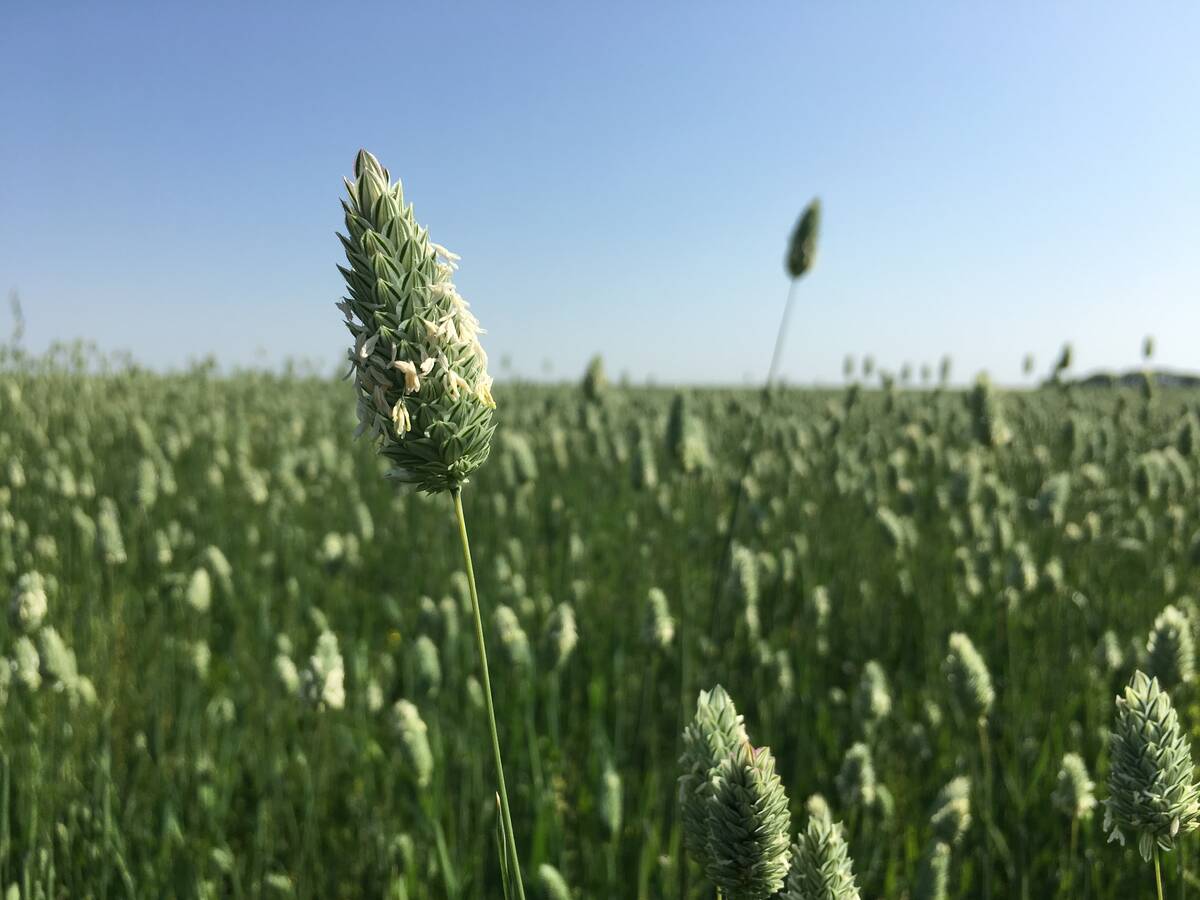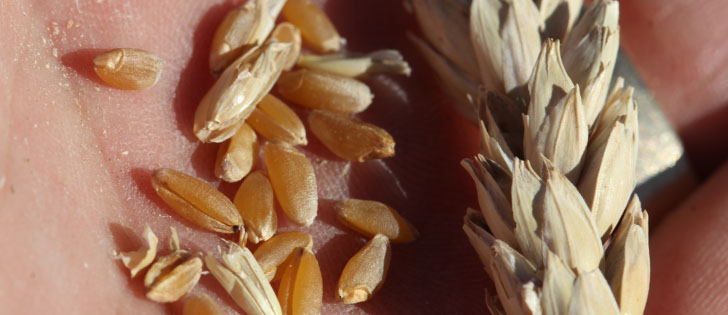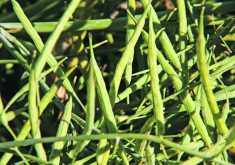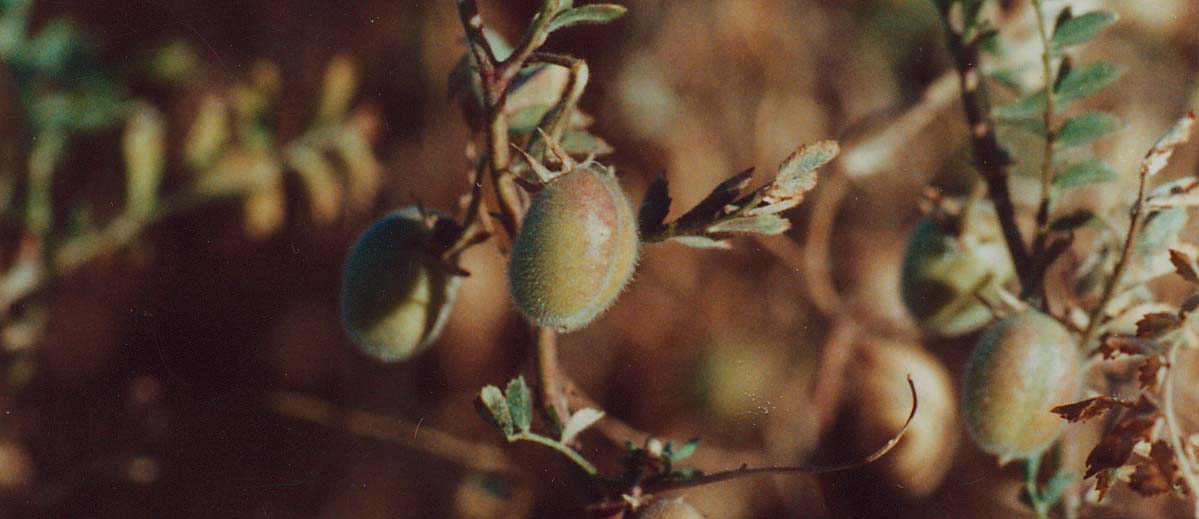The monumental task of ridding Canada’s flax supplies of genetically modified material has become more difficult after lab tests detected trace amounts of CDC Triffid in three more lots of breeder seed from the Crop Development Centre in Saskatoon.
CDC managing director Dorothy Murrell said breeder seed lots of CDC Bethune, CDC Sorrel and CDC Sanctuary all showed trace levels of Triffid, the genetically modified flax variety that has disrupted trade to the European Union.
Contamination levels were extremely low, falling consistently below 100 parts per million, or 0.01 percent, said Murrell.
Read Also

No special crop fireworks expected
farmers should not expect fireworks in the special crops market due to ample supplies.
Detection at those levels would not likely result in a rejection of exported flax by European authorities but the Canadian industry is hoping to eliminate all traces of Triffid from the seed system to restore confidence.
“We retested … and at this more strict testing level, we did locate traces of Triffid,” said Murrell.
“We want to make sure we are doing things right for the industry.”
Murrell said testing has now been completed on all lots of breeder seed at the centre. CDC Triffid has been identified in five varieties.
Late last year, breeder seed lots of CDC Normandy and CDC Mons also tested positive.
Pedigreed seed stocks from those two varieties were removed from the system earlier this year.
Industry officials have yet to determine whether pedigreed stocks of Bethune, Sorrel and Sanctuary will also be removed from the seed system.
Sanctuary is a new variety that was recommended for registration only last year and is still in the early stages of multiplication. Removing it from the system will be a relatively simple process.
Bethune and Sorrel, however, are two of the most popular flax varieties grown in Canada.
According to Dale Adolphe, executive director of the Canadian Seed Growers Association, pedigreed seed growers produced about 33,000 acres of flax seed last year. Bethune accounted for roughly 24,000 acres, or 72 percent.
“I don’t know of any plans (to remove Bethune and Sorrel) at this time,” said Adolphe.
“They are the two major varieties that are out there in terms of pedigreed seed production and I would assume, in terms of (commercial) flax production as well … so finding it (Triffid) in the parent stock of these two varieties is a huge hit.”
Because the tests on breeder seed showed extremely low levels of contamination, it is possible that existing supplies of Bethune and Sorrel would have a negligible impact on international trade.
At the same time, a decision to leave the two varieties in the pedigreed seed system could mean further proliferation of CDC Triffid in commercial flax supplies, although only at extremely low levels.
“If the parent seed stock tests positive, the system is going to maintain that trace level throughout the system,” said Adolphe.
“That’s what the pedigreed seed system is designed to do, is to maintain the identity and the purity of a variety. Of course, that also means that we maintain impurities by default.”















